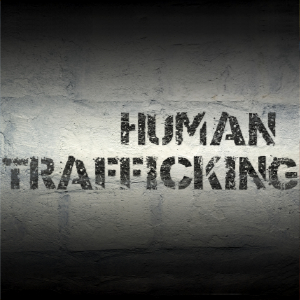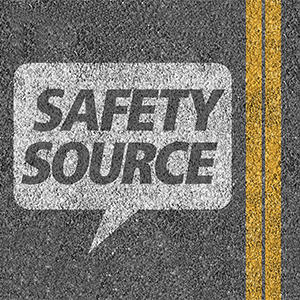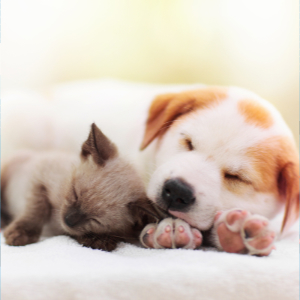Safety Source
Working Safely
Safety Training Manager Samuel Wilfert shares reasons to work safe and tips on avoiding slips and falls due to slippery surfaces.
5 Reasons to Work Safe
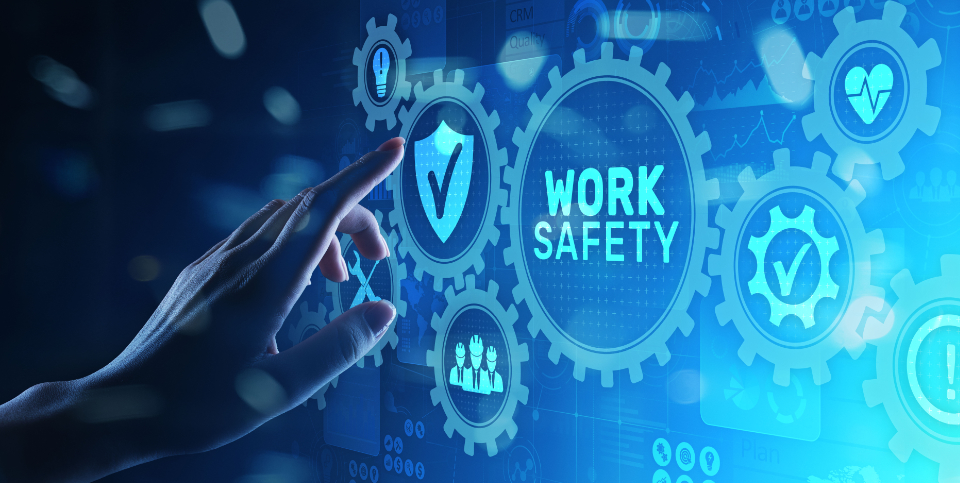
We all have different reasons for why we choose to do certain things and why we may not choose to do others. When it comes to working safely, we should all want to choose to make the right decision. We all are different in the way we think, but there are many common reasons why we should choose to work safe. No matter what your motivator may be, keep these five reasons in mind as to why we should all strive to work safe.
- Your health. Obviously your health and well-being should be the biggest motivator as to why you should choose to work safe. Once we lose our health or impact it severely, it may never be the same. It is important to really think about how a severe injury would change the rest of your life.
- Providing for your family. Your family depends on your ability to earn an income. When you are injured or ill, you can lose that ability very quickly. Even if it is only for a short time, the financial and emotional effects on your family can be drastic.
- Your reputation. While productive employees are still very much rewarded at companies, working safely is often recognized right along with production. Your reputation at work not only affects you in your current position, but it also can affect getting a future promotion at your company or opportunities at other companies. No one wants to reward a risk taker or put them in a position of power. If it is known that you are a worker that cuts corners or does not work safely, it could make all the difference in whether or not you get the chance at a better opportunity.
- Your coworkers. Making the choice to take a shortcut can not only harm yourself, but can also harm a fellow co-worker. Everyone’s safety on the job depends on not only on their own choices, but the choices of all workers.
- Your company. Whether you love the company or not, the job they provide you with pays your bills. Working safely allows business to continue, thus providing the opportunity for you to continue to pay your bills as well as your fellow coworkers to do the same.
Keep these five reasons to work safe in mind the next time you see a coworker taking risks at work. When one person chooses to take risks, everyone is at risk to suffer the consequences.
Don't Let Snow and Ice Bring You Down
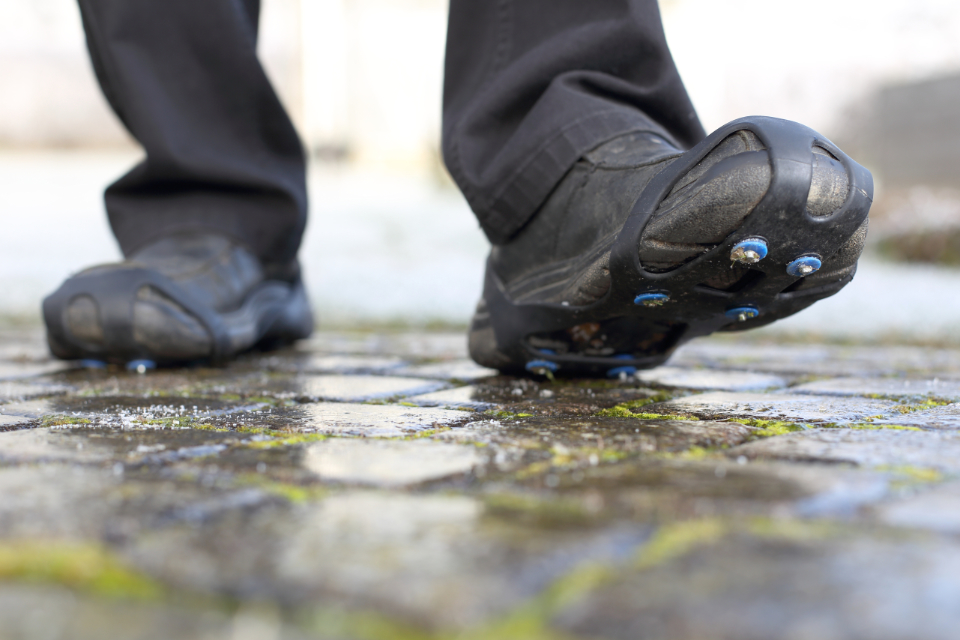
Winter weather has been especially bad this year, and along with it, the potential hazards of slips and falls due to slippery surfaces. Slips and falls usually rate near the top as causes for workplace injuries. Prevention of slips and falls should always be a priority. Snow and ice are often thought of as forces beyond human control, but their hazards can be minimized through the implementation of effective policies and preventive measures.
Employee Responsibility
Safety is everyone's job. Employees should be on the lookout for slip-and-fall hazards. If found, inform terminal management. Slippery surfaces do not discriminate; the next person to fall or be injured could be you or a coworker.
Dockworkers
The outer edge of the loading dock may present a slipping hazard when covered by snow. Most docks are exposed to the elements, so know your surroundings. Be cautious when walking on dock plates and dock bumpers as these may be the first to accumulate snow/ice.
If snow comes onto the dock, utilize a shovel or broom to clear the snow and remember to walk with caution when working on wet surfaces.
Drive your forklift at a low, reasonable speed in the event dock conditions are impacted by weather. You do not want to loose traction and slide into objects or another employee.
Use handrails whenever possible to avoid a slipping incident. Be cautious when getting a new propane tank, as these are always stored outside.
Be cautious when entering your terminal, as people will utilize floor mats to wipe their feet, causing an increased amount of water/slush buildup around the doorway.
How to Avoid Slips
- Concentrate on the path ahead – take your time and proceed slowly.
- Where possible, avoid slippery surfaces.
- Wear appropriate footwear. Wear slip-resistant boots.
- Use handrails wherever they are provided.
- Check to be sure entrance halls and stairs are clear of snow and slush.
- Beware of changes in walking surfaces. Many falls are caused when someone doesn't realize he/she is leaving a secure area for a slippery one.
- Clean your shoes when you go inside.
- If you see slippery conditions, inform your manager.
- Don't keep your hands in your pockets when walking outside. If your arms are out, you will have better balance if you should slip.
- Report all work-related falls. Even if the fall seems less than serious, immediate reporting will allow the hazardous condition to be addressed and may prevent another fall.
